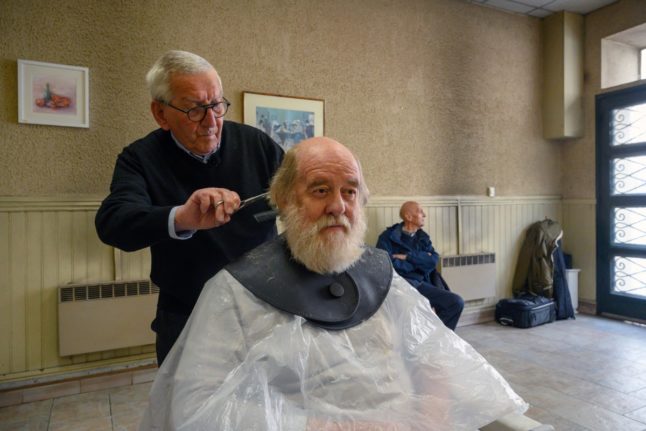The anti-fraud Direction générale de la concurrence, de la consommation et de la répression des fraudes (DGCCRF) service said the online sales giant’s contracts with third-party sellers who use its Amazon.fr website contain “unbalanced” clauses.
“The company Amazon Services Europe did not comply completely with an injunction it was served and it is now subject to a fine of €90,000 per day of delay” in applying the changes, the DGCCRF said in a statement.
It also urged the platform to conform with European rules on equity and transparency for firms using online platforms.
Amazon said the order would harm consumers.
“The changes imposed by the DGCCRF will stop us from effectively protecting consumers and permit bad actors to set excessive prices or spam our clients with commercial offers,” the e-commerce giant said in a statement.
“We will comply with the DGCCRF’s decision but we absolutely do not understand it and we are challenging it in court,” responded the e-commerce giant in a statement.
Amazon said the clauses that the DGCCRF has ordered removed had, for example “prevented the appearance of exorbitant prices for mask and hydroalcoholic gel during the pandemic”.
In 2019, Amazon was fined €4 million for “manifestly unbalanced” contract clauses with third-party sellers on its site in a case brought by the DGCCRF.



 Please whitelist us to continue reading.
Please whitelist us to continue reading.
Member comments